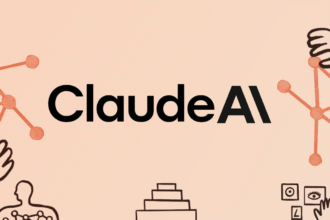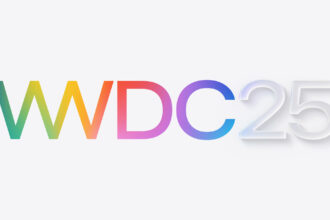OpenAI, the company behind ChatGPT, has said it would be interested in buying Chrome if U.S. regulators require Google to sell the popular browser.
The revelation came during an antitrust trial where the U.S. Department of Justice is trying to curb Google’s dominance in online search and advertising.
Speaking on behalf of the DOJ, OpenAI executive Nick Turley said the company would explore acquiring Chrome if it became available.
We would be interested if Chrome were ever made available, Turley told the court.
Google quickly rejected the idea, saying Chrome is not for sale. The company also maintains that the lawsuit is without merit and has asked for the case to be dismissed.
Chrome is used by about 64% of internet users, according to analytics firm Similarweb. Apple’s Safari comes in second at 21%.
The trial is part of a broader effort by the U.S. government to curb what it sees as excessive market power among the largest tech firms. Courts have already ruled that Google holds unlawful monopolies in both search and digital advertising—decisions the company is appealing.
Because the browser is the first stop for most online activity, any forced sale of Chrome could reshape how search traffic is routed and, by extension, how advertising revenue is distributed.
READ ALSO: ChatGPT Search is growing quickly in Europe, according to OpenAI data
OpenAI’s recent comment about acquiring Chrome offers insight into where the company is headed and how it aims to position itself within the tech ecosystem. Tools and integrations that once plugged into existing platforms are now evolving to become the platforms themselves.
During the hearing, Nick Turley of OpenAI also shared that the company had previously approached Google with a proposal: allow ChatGPT to pull live search results from Google’s vast index to enhance its responses. The idea, unsurprisingly, was declined.
OpenAI remains closely aligned with Microsoft, whose Bing and Edge products offer an alternative. Google, meanwhile, continues investing in Gemini, its answer to conversational AI, built atop its infrastructure.
On the other hand, OpenAI’s ambitions may extend even further. According to a report by The Verge, the company has begun exploring the idea of launching its own social media platform—something that could be a direct competitor to the X social media platform.
Early feedback is being gathered, but the direction is clear: OpenAI isn’t just building tools that live on another platform—it’s considering building the platforms themselves.
Technology is advancing every day. Browsers, search engines, and social feeds aren’t just delivery channels anymore—they’re now key levers for AI companies. Controlling how people access and share information means shaping what data AI can learn from, respond to, and refine over time.
As the antitrust trial continues over the coming weeks, the outcome may directly affect Google’s structure.














